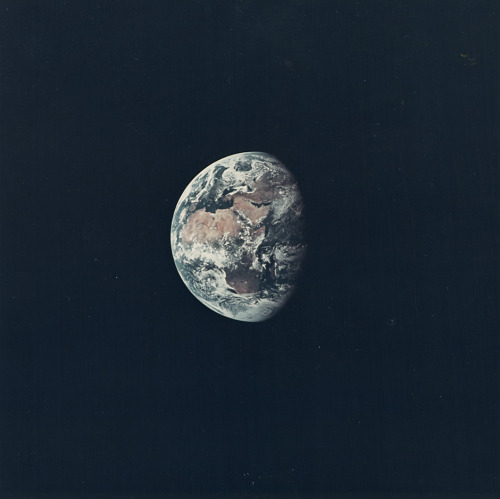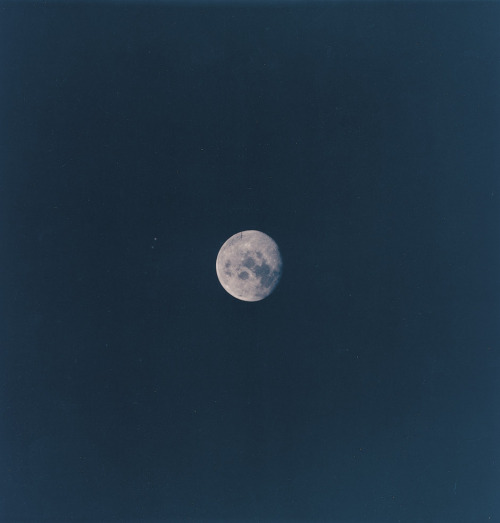Excuse Me-So You're The One?
Excuse me-So you're the one?
Charlotte Blackwood, Top Gun (1986)
More Posts from Thebryanscout and Others




Dalek Wood Burner by Owen James of Maven Industies


‘The Challenger Disaster’ (US title. UK title: ‘The Challenger’ as shown in the above image) is a BBC/Science Channel original film about the investigation into the NASA Space Shuttle Challenger explosion amidst an attempted flight on January 28, 1986 which claimed the lives of seven astronauts: Commander Francis R. Scobee; pilot Michael J. Smith; mission specialists Judith A. Resnik, Ellison S. Onizuka and Ronald E. McNair; and payload specialists Gregory B. Jarvis and Sharon Christa McAuliffe.
I don’t want to do a disservice to the film or the processes responsible for the disaster by muddying up the details, so here’s a brief overview of the problem (via Wiki) which enabled the gradual disintegration and explosion of the shuttle:





Disintegration of the vehicle began after an O-ring seal in its right solid rocket booster (SRB) failed at liftoff. The O-ring failure caused a breach in the SRB joint it sealed, allowing pressurized hot gas from within the solid rocket motor to reach the outside and impinge upon the adjacent SRB attachment hardware and external fuel tank. This led to the separation of the right-hand SRB’s aft attachment and the structural failure of the external tank. Aerodynamic forces broke up the orbiter. image sources
A meticulous and intensive investigation was brought forth by the Presidential Commission, led by William Rogers, Neil Armstrong, Sally Ride, and Chuck Yeager. The investigation revealed multiple flaws which led to the accident, involving: design flaws, mismanagement, poor communication between NASA and its contractors, inadequate safety procedures, and most notably - to which this film highlights - the “go ahead” approval on launch day under inadequate weather conditions that directly compromised the SRB O-ring joint seals.

Physicist Richard Feynman (above) was brought aboard the investigation as an outside consultant whom would be able to participate strictly as a scientist, free from bias or bureaucratic influence.



His overall assessment of the accident was thorough, honest, and explicitly raw science. Commissioners on the investigative board criticized Feynman’s report and threatened to throw it out, claiming it could be “too damaging to NASA.” Feynman, discouraged and furious, retorted with a threat of his own: that he wouldn’t sign off on the final report as a matter of conscience. The commissioners backed down and decided to include an appendix to the report which would include Feynman’s details, but suggested a more “toned-down version” be printed.

William Hurt, Bruce Greenwood, Stephen Jennings, Brian Dennehy and Eve Best in ’The Challenger Disaster’
Professor Feynman’s report ended with these prophetic words which still loom over NASA and in my opinion, all of science, today:
“NASA owes it to the citizens from whom it asks support to be frank, honest, and informative, so that these citizens can make the wisest decisions for the use of their limited resources. For a successful technology, reality must take precedence over public relations, for nature cannot be fooled.”

Watch the news report and interview with Feynman on the Challenger investigation and view the trailer for the film ’The Challenger Disaster.’
State of NASA
Over his tenure, President Obama has now invested $147 billion in America’s space program. Our elected leaders, on a bipartisan basis, have chosen to make this investment in our Agency, because they believe in our Journey to Mars and recognize that investments in NASA’s present are investments in America’s future.
Because the State of our NASA is strong, President Obama is recommending a $19 billion budget for the next year to carry out our ambitious exploration and scientific discovery plans. Here are the areas in which we’ll continue to invest:
Solar System and Beyond

As we explore our solar system and search for new worlds, we look to answer key questions about our home planet, neighboring planets in our solar system and the universe beyond.
Journey to Mars

We’re developing the capabilities needed to send humans to an asteroid by 2025 and Mars in the 2030s. Mars is a rich destination for scientific discovery and robotic and human exploration as we expand our presence into the solar system. Its formation and evolution are comparable to Earth, helping us learn more about our own planet’s history and future.
International Space Station

Earth Right Now

We use the vantage point of space to increase our understanding of our home planet, improve lives and safeguard our future. Our Earth science work also makes a difference in people’s lives around the world every day.
Technology Drives Exploration

Sustained investments in our technology advance space exploration, science and aeronautics capabilities. We seek to improve our ability to access and travel through space; land more mass in more locations throughout our solar system; live and work in deep space and on planetary bodies; build next generation air vehicles, and transform the ability to observe the universe and answer profound questions in Earth and space sciences.
Aeronautics

Thanks to advancements in aeronautics developed by NASA, today’s aviation industry is better equipped than ever to safely and efficiently transport all those passengers to their destinations.

The President’s FY 2017 budget provides $790 million to our Aeronautics Research Mission Directorate. This investment will accelerate aviation energy efficiency, advance propulsion system transformation and enable major improvements in aviation safety and mobility. The future of flight will: utilize greener energy, be half as loud, use half the fuel and will create quieter sonic booms.
State of NASA Social

Today, we have opened our doors and invited social media followers and news media to an in-person event, at one of our 10 field centers. Guests will go on a tour and see highlights of the work we’re doing. You can follow along digitally on Twitter: https://twitter.com/NASASocial/lists/state-of-nasa-all1.
Check our Twitter Moment HERE.
Did you miss NASA Administrator Bolden’s remarks? You can watch a full recap HERE.
For all budget related items, visit: http://www.nasa.gov/news/budget/index.html
Make sure to follow us on Tumblr for your regular dose of space: http://nasa.tumblr.com

Straight Outta Gallifrey
Turn right, and never meet that man!
The Fortune Teller, Turn Left(2008)
Digging that Aurebesh on the poster!

Wanted! - art by Alex Ross

big ben just fucking explodes
Well, I'm a day late

Nineteen years since humanity lost a hero. Remembering Carl today.
Carl Sagan (November 9, 1934 - December 20, 1996)


View of the earth and the moon from Apollo 13, 1970. Vintage chromogenic print on Kodak paper. Photography: NASA. Via Bassenge
-
 wasteyout liked this · 9 years ago
wasteyout liked this · 9 years ago -
 thebryanscout reblogged this · 9 years ago
thebryanscout reblogged this · 9 years ago
21, He/Him/His, lover of all things space, aviation, alt music, film, and anime
255 posts